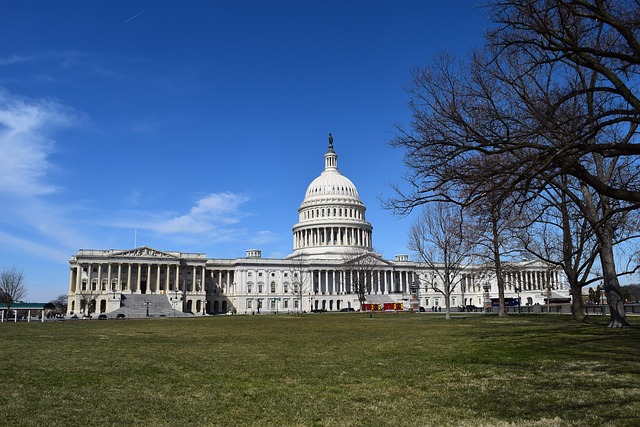
Drew Catt of EdChoice, where I am a Friedman fellow, interviews me about my involvement with school choice:
Well, you look at EdChoice’s mission statement, which is on the wall in the hallway I just walked down to get to this studio. It’s talking about pursuing school choice, but pursuing school choice as a path to successful lives and a stronger society. I think that, when I was a full-time employee here at this organization, we didn’t have that mission statement. I really appreciate this increased clarity that school choice is not an end in itself. School choice exists in order to provide individuals with a path to success, but it also exists to provide America with a path to a strong future as a country as a whole.
That’s what to me, this is at the heart of the American experiment. That we’re gonna take people seriously in their diversity, but also take community seriously, because schools form in communities and for communities as well as by individual choice. Part of the great challenge is, in the last century the language of community has all been monopolized by people who are against individual choice. So, we’ve put people in this impossible bind where you’re either for individual choice, or you’re for strong communities. Honestly, respecting people’s rights and giving them choice in their lives is the actual only way to hold community together because it allows people to freely associate with each other.
Check it out – you know, if you’re into that kind of thing.




